The Center for Islamic Civilization – a global platform leading towards enlightenment
A New Stage in International Cooperation: Memorandums Signed
Based on the initiatives and ideas of our esteemed President, the Center for Islamic Civilization in Uzbekistan has today become not only a nationally but also an internationally recognized grand scientific and educational platform, attracting scholars and independent researchers from around the world.
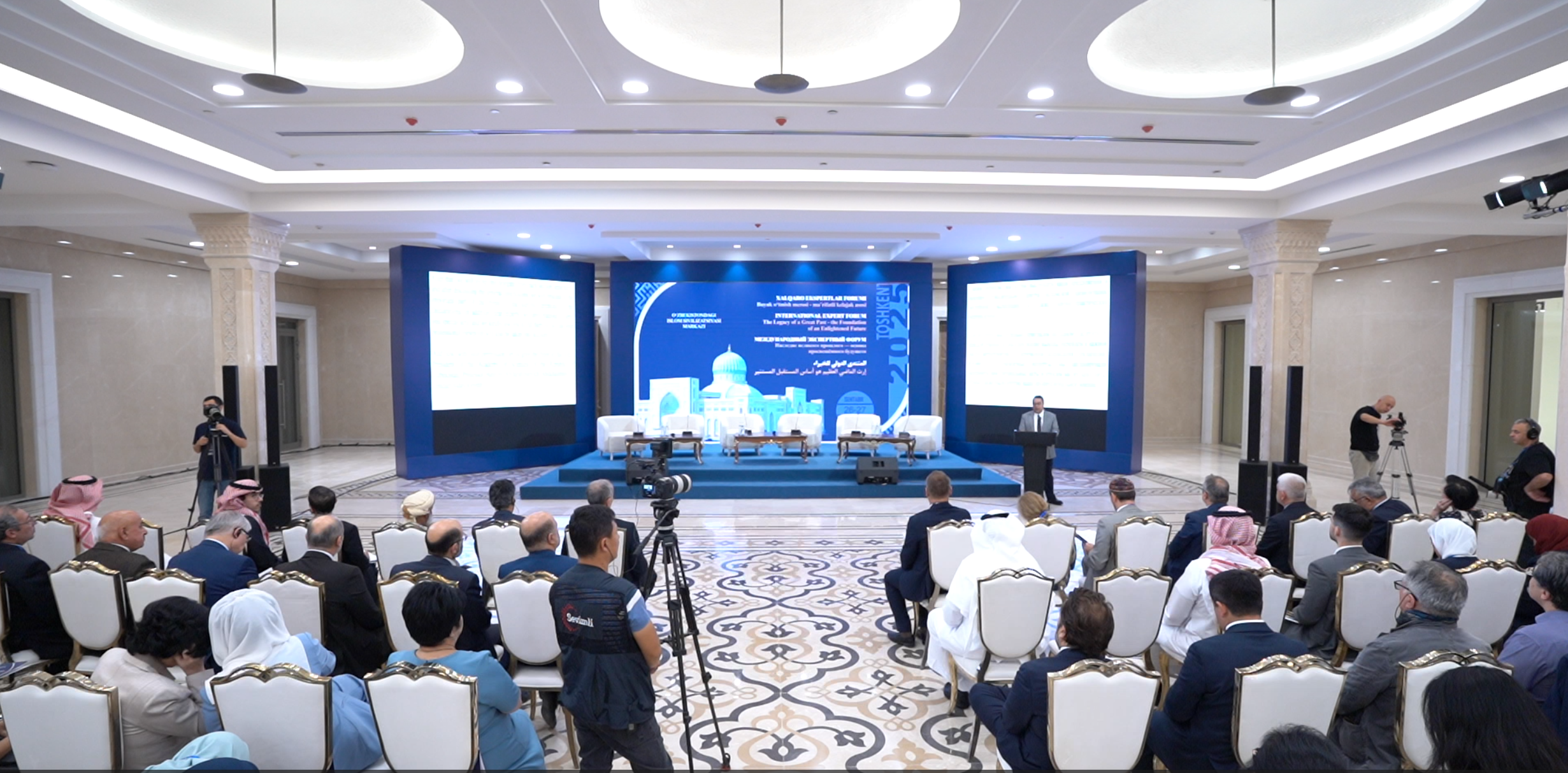
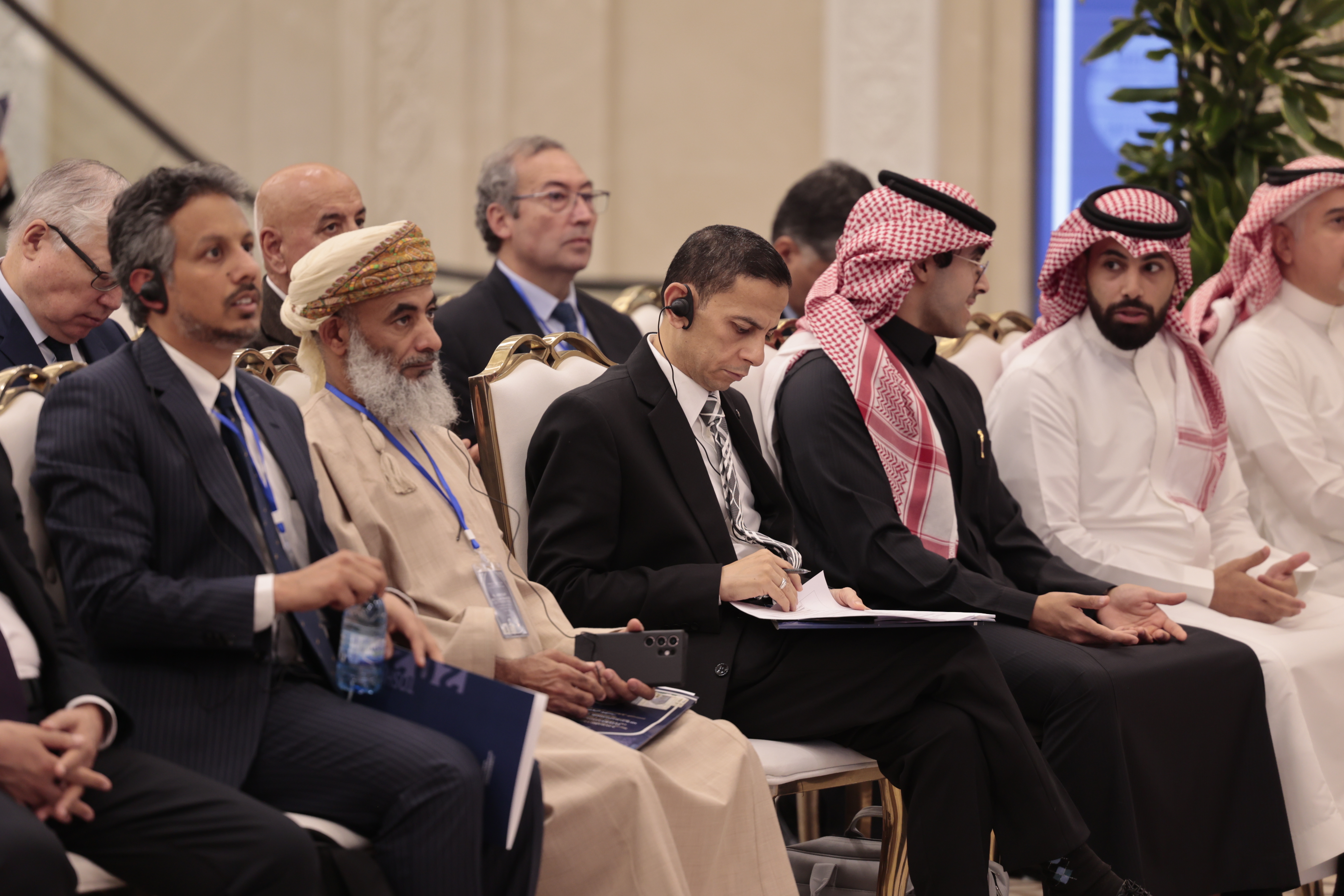
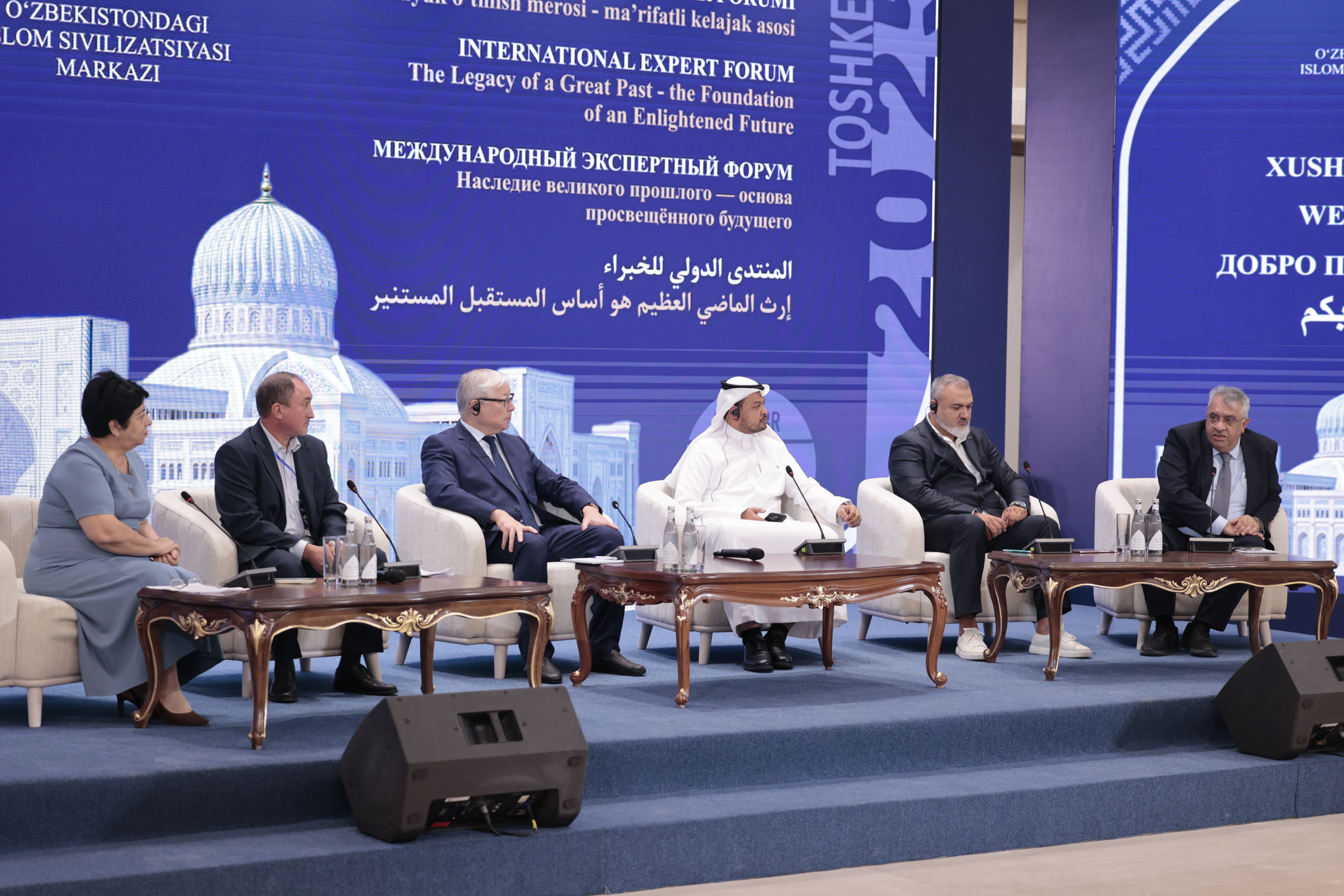
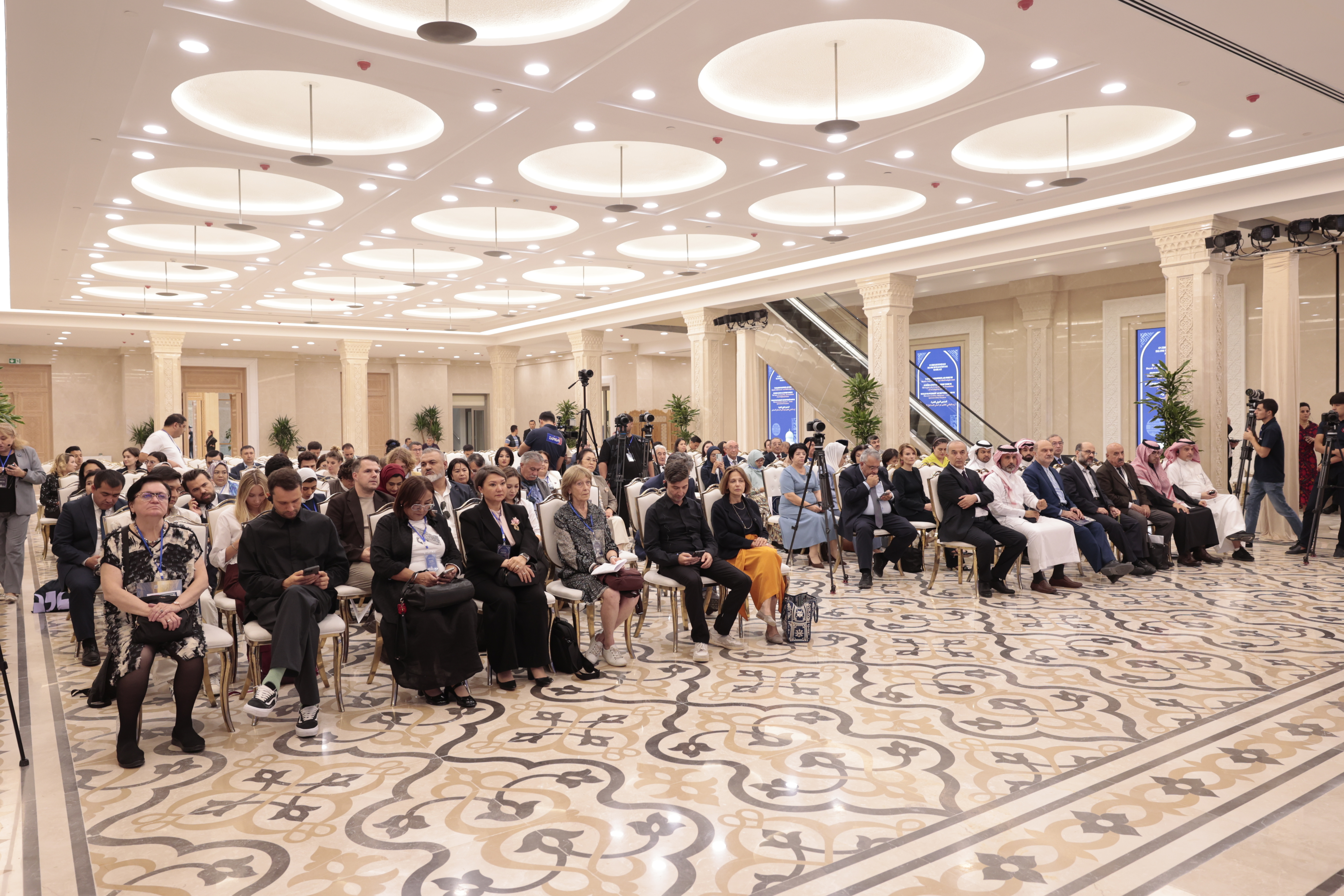
The eight-year process of construction and organization was carried out through the collaboration of specialists, art experts, and cultural figures.
Nearly 800 scientific and educational projects presented at the Center vividly reflect Islamic culture, its scholarly heritage, historical manuscripts, and artifacts.
It is worth noting that in order to elevate the Center’s content to the highest level and achieve a spiritual grandeur worthy of its architectural beauty, around 2,000 scholars, international experts, and designers conducted continuous research. To date, nearly 100 international delegations have become acquainted with the activities of this venue and discussed prospects for cooperation.
With this very purpose, on September 26–27 of this year, a prestigious international forum titled “The Legacy of the Great Past – the Foundation of an Enlightened Future” is being held at the Center for Islamic Civilization. The forum gathers more than 100 specialists’ scholars and researchers, heads of museums and libraries, and experts in the field of cultural heritage from over 20 countries around the world.
Representatives of internationally renowned organizations such as IRCICA, ICESCO, TURKSOY, the World Muslim League, Oxford University, the Russian Academy of Sciences, and Christie’s are taking part with their presentations, analyses, and proposals.
Above all, the forum is a significant recognition by the international community of President Shavkat Mirziyoyev’s initiatives aimed at preserving the true humanistic essence of Islam and fostering intercultural dialogue.
Importantly, within the framework of the forum, 10 thematic sessions were held at the Center, where issues such as the Qur’an Hall, pre-Islamic civilizations, the advancement of science, the Renaissance eras, museum and library work, digitization technologies, and international scientific cooperation were widely discussed.
On the second day of the forum, a plenary session was held, where specialists presented and deliberated on the proposals and reflections drawn from the discussions.
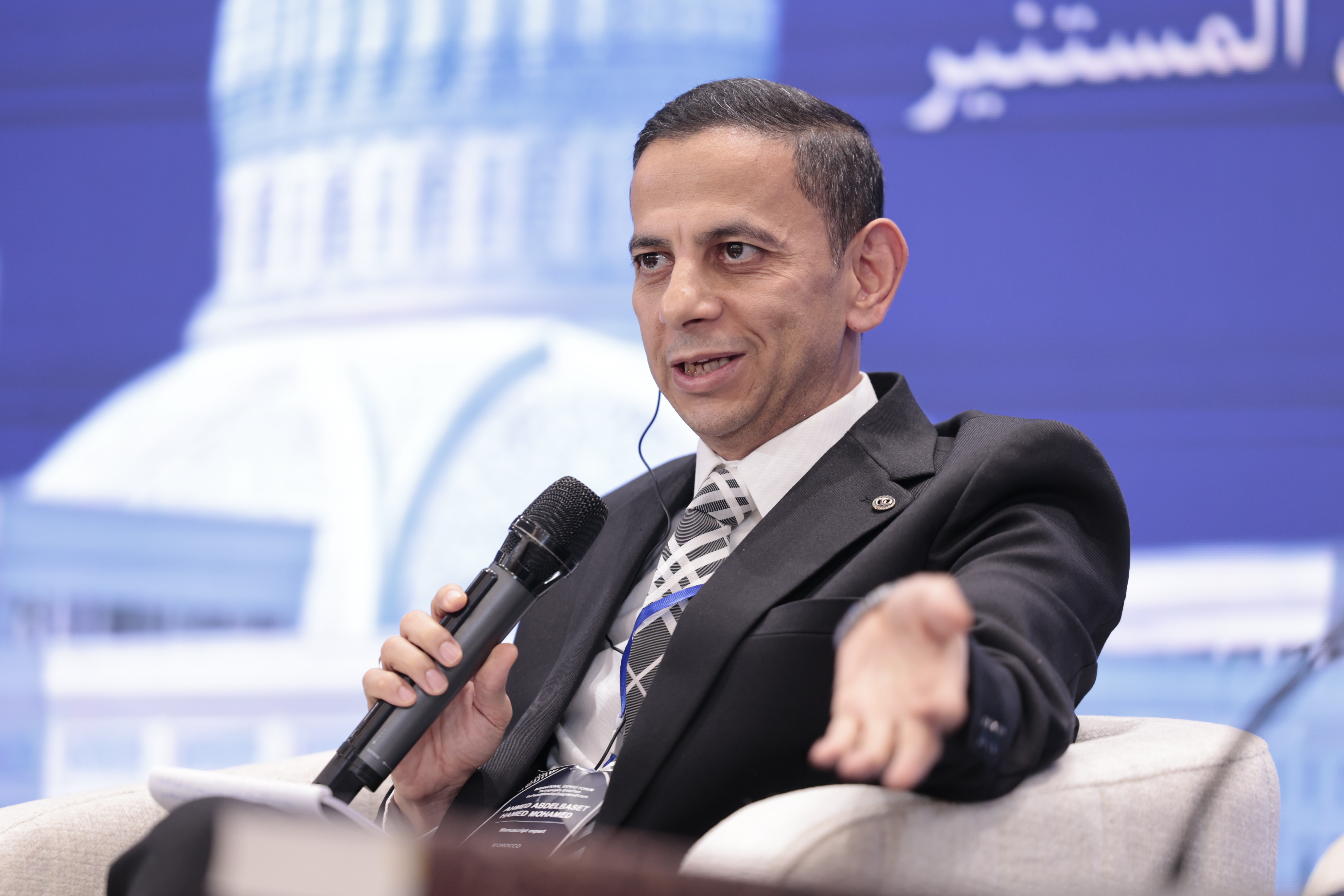
Ahmad Abdul Basit, representative of the Islamic World Educational, Scientific and Cultural Organization — ICESCO, specialist in manuscripts:
This Center was established at the initiative of the Republic of Uzbekistan. While visiting Uzbekistan to hold expert-level consultations and conduct in-depth studies on history and economics, we also visited the Center for Islamic Civilization. Although it has not yet been officially inaugurated, President of Uzbekistan Shavkat Mirziyoyev announced it during the 80th session of the UN General Assembly.
Naturally, the invitation to become closely acquainted with this Center aroused great interest in us, and so we came here.
There are many exhibitions here, achieved through immense effort and dedication. We were informed that the President of Uzbekistan himself directly took part in this process, giving clear instructions. This is a tremendous endeavor carried out for the progress of all humanity. Especially in today’s troubled world, such religious, educational, and moderate Islamic ideas are of great importance.
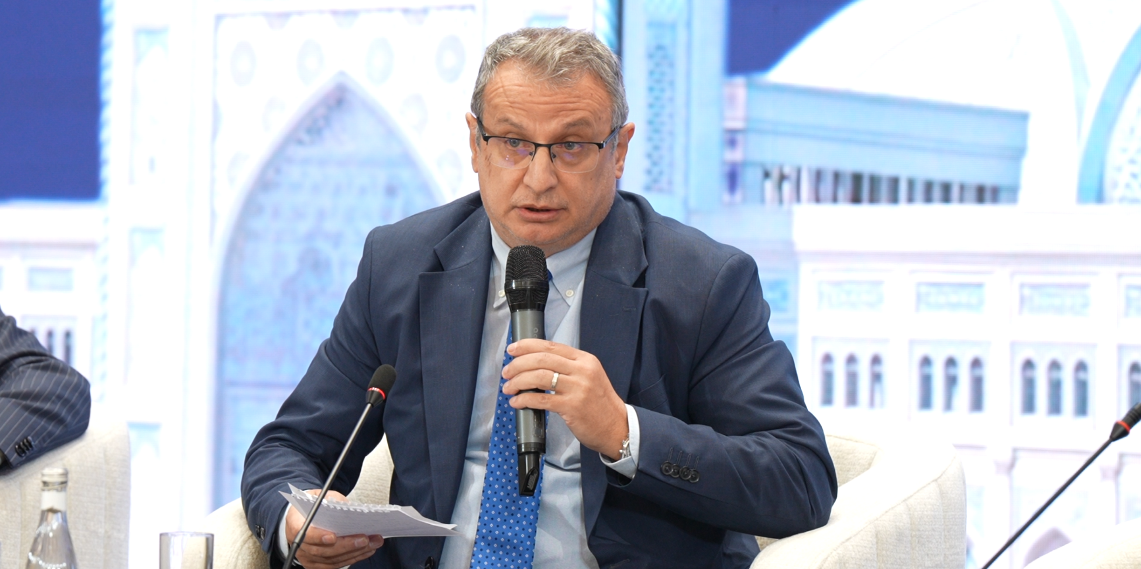
Cengiz Tomar, Deputy Director of the Research Center for Islamic History, Art and Culture (IRCICA):
We are awaiting the return of the Islamic-Turkic Renaissance. In today’s atmosphere of peace and steady development, Uzbekistan is assuming a leading role in reviving history.
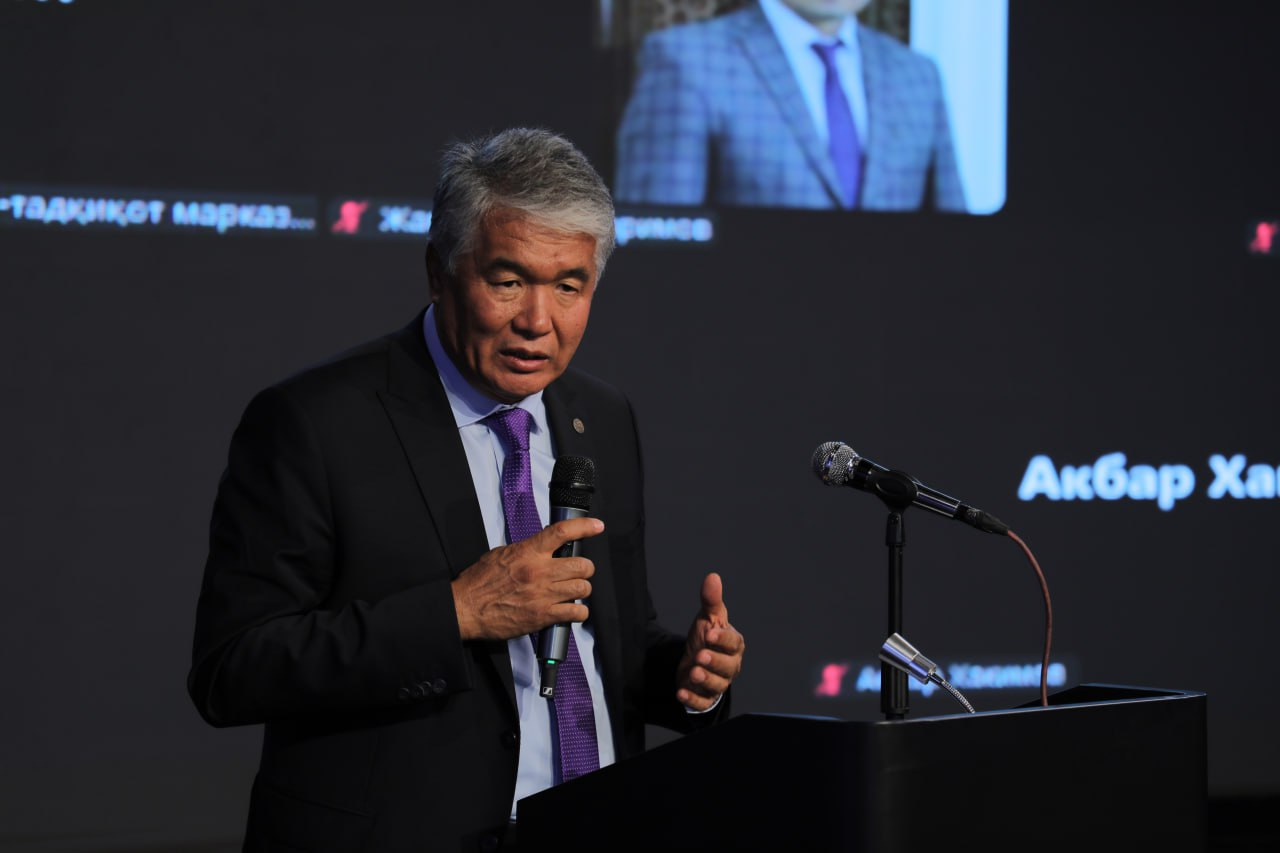
Sultan Raev, Secretary-General of the International Organization of Turkic Culture (TURKSOY):
The fact that several millennia of history connected with Islamic culture have been embodied in one place this very complex carries special significance.
The uniqueness of this Center lies in the fact that every visitor realizes that Islam is, above all, a religion of peace, progress, and tolerance; that Islamic civilization in Uzbekistan developed on the basis of science, education, culture, and enlightenment; and that the Uzbek people have made an invaluable contribution to the progress of the world.
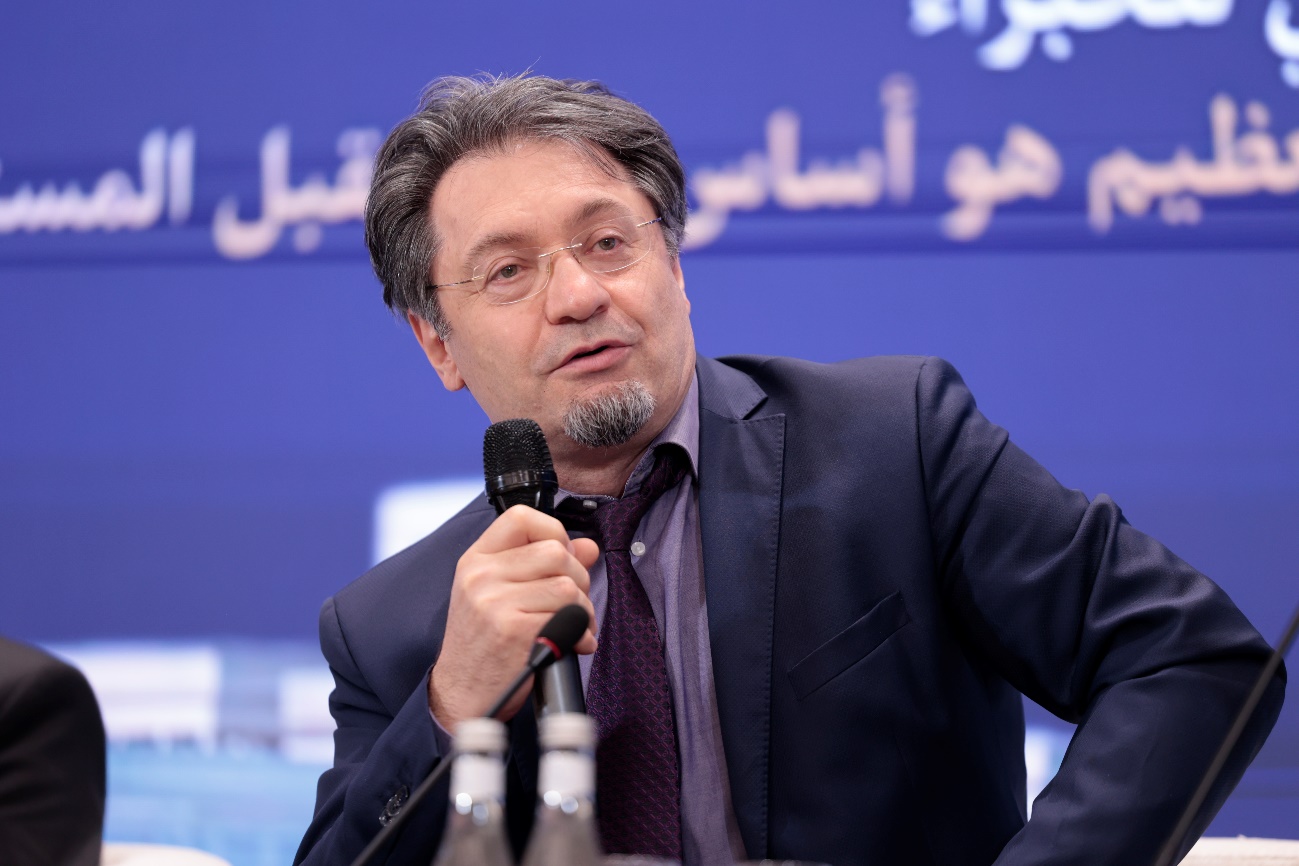
Alikber Alikberov, Director of the Institute of Oriental Studies, Russian Academy of Sciences:
History and culture are the guarantee of future success. The path of modernization chosen by Uzbekistan relies on history, and this makes it sustainable.
Within the framework of the forum, memorandums of cooperation were signed between the Center for Islamic Civilization in Uzbekistan and a number of international scientific and cultural organizations. Memorandums of cooperation were signed with the National Library of Iran and the National Museum of Kazakhstan. These documents serve as a solid legal and organizational foundation for strengthening the Center’s role on the international stage, and for implementing joint projects, research, and exhibitions.
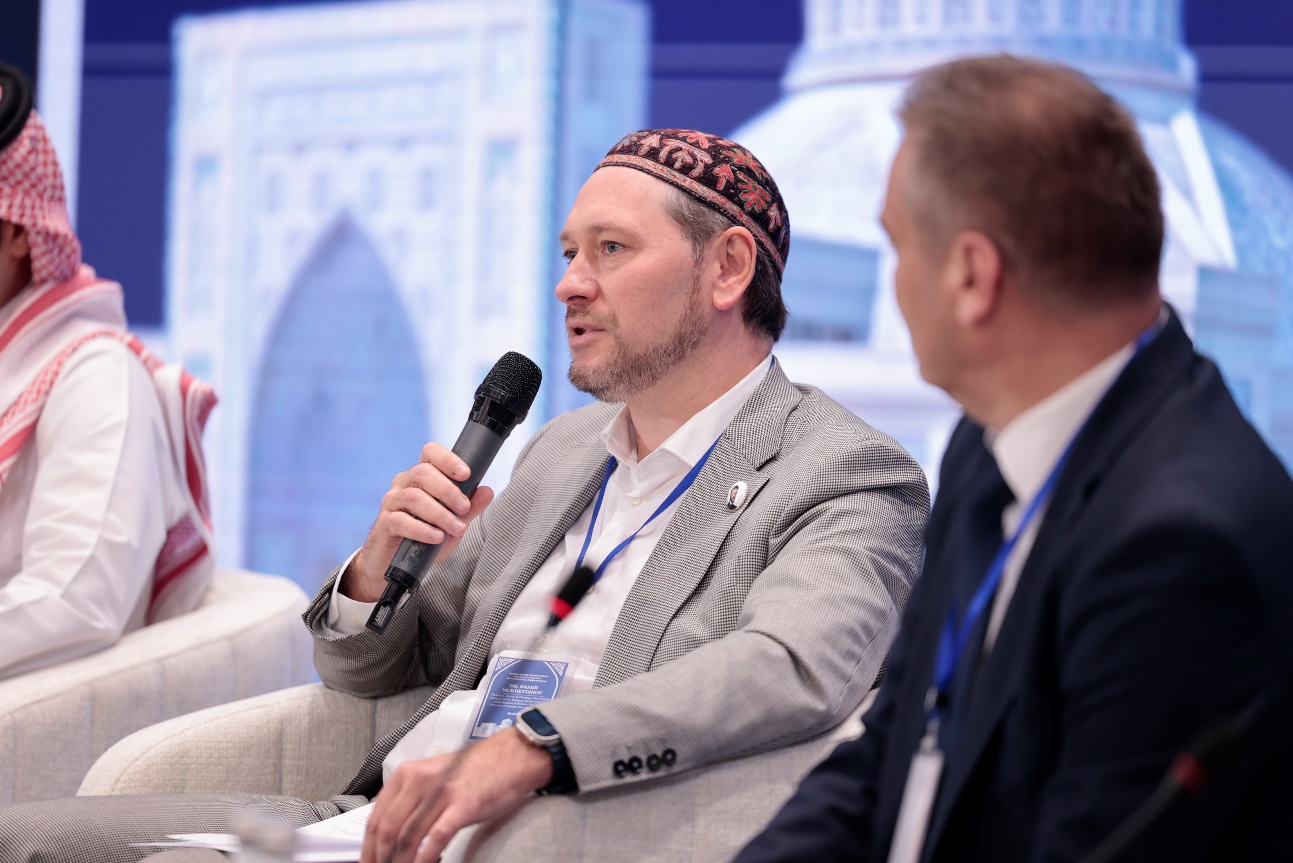
Damir Muhiddinov, Deputy Chairman of the Council of Muftis of Russia:
I believe that the theme of the Renaissance is also very appropriate. When we speak of the First, Second, and Third Renaissances, it outlines the directions for humanity’s future: it shows how a person should build their life, and the lives of their children and grandchildren, in a changing world. The fact that Islam continues to hold such a prominent place is clearly demonstrated by the speech of His Excellency President Shavkat Mirziyoyev at the 80th session of the United Nations.
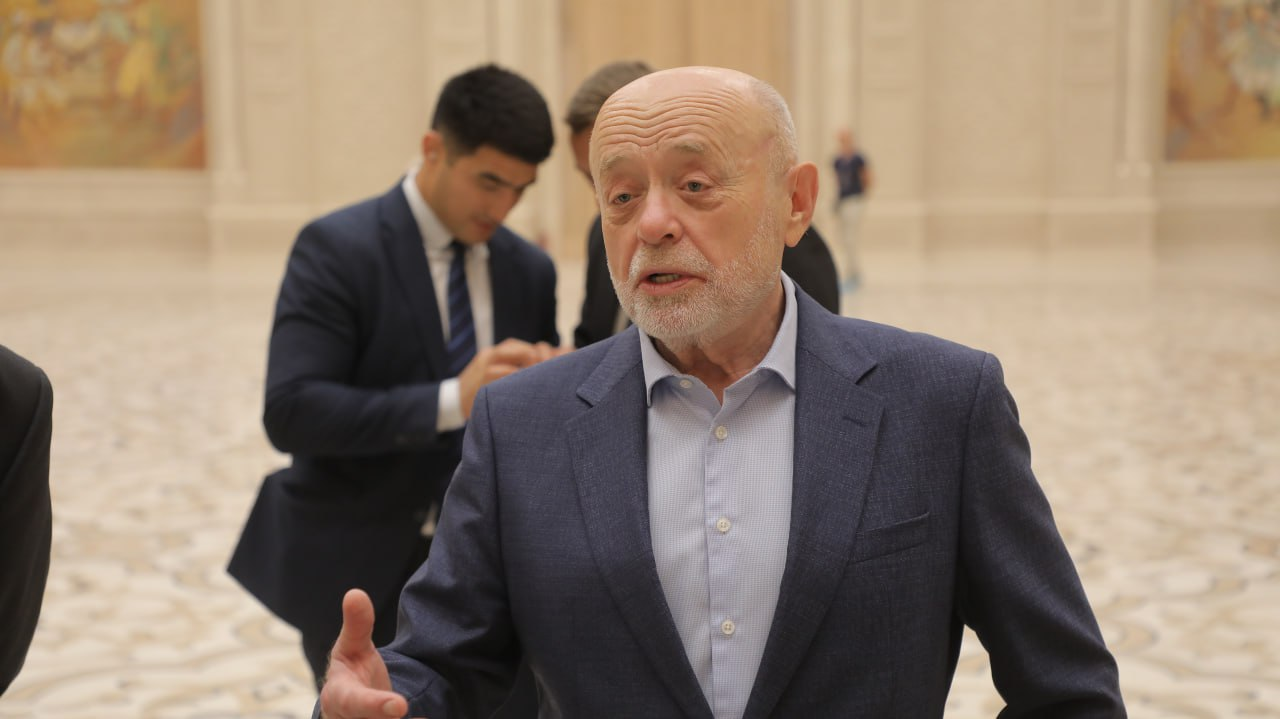
Mikhail Fradkov, Director of the Russian Institute for Strategic Studies:
Recently, at the 80th session of the United Nations, President of Uzbekistan Shavkat Mirziyoyev highlighted with great attention the humanistic essence of Islam, and its ideas of tolerance and peace. That speech left a deep impression on me. That is why, as an expert, I came to Tashkent to personally see and study the Center for Islamic Civilization.
In my view, this Center is not only of religious, but also of cultural, educational, and civilizational importance. The exhibitions, historical evidence, and scholarly approaches here reveal the true spiritual and intellectual face of Islam. The Center is not just Uzbekistan’s, but a grand spiritual platform serving all of humanity.
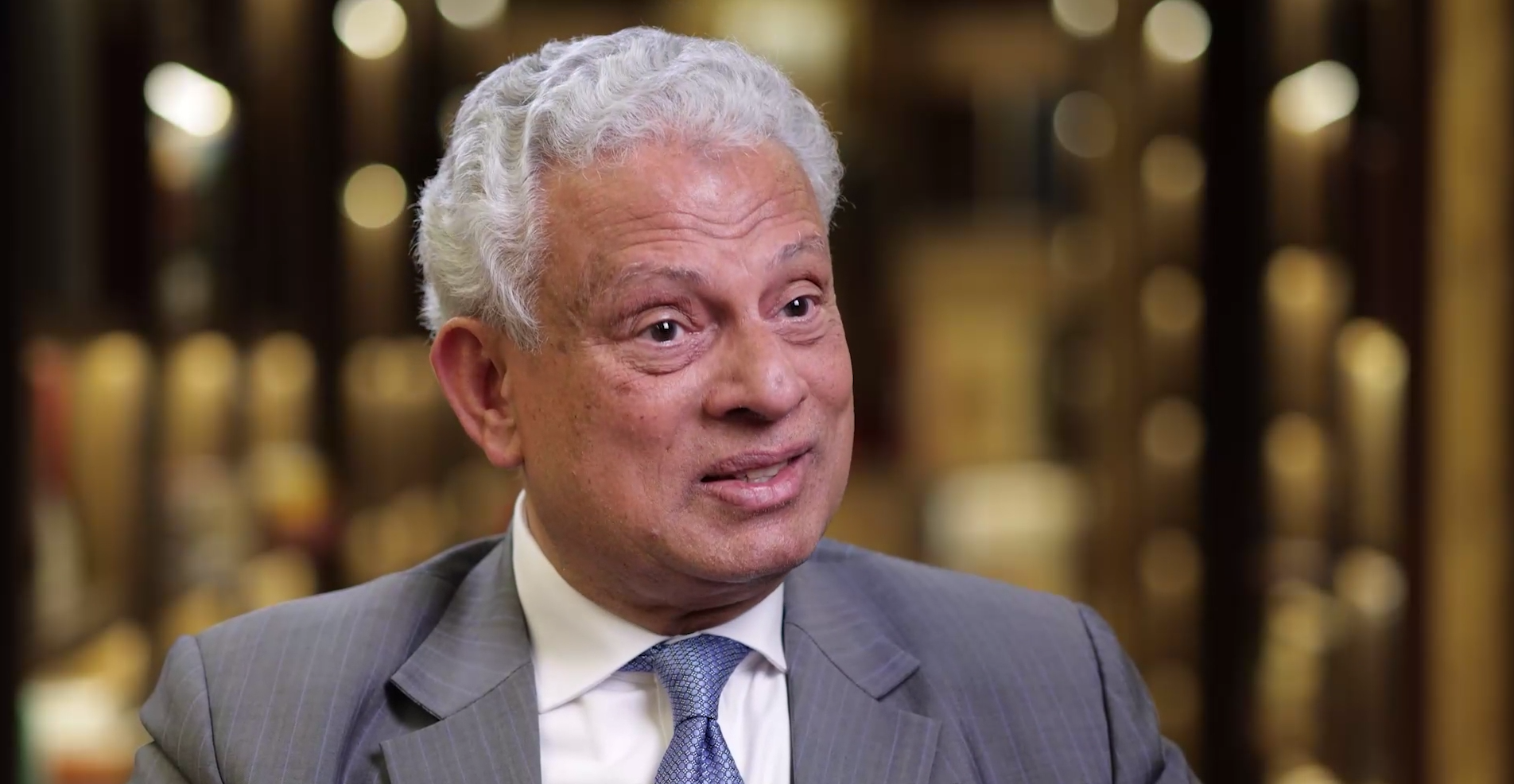
Farhan Ahmad Nizami, Director of the Oxford Centre for Islamic Studies:
The Center for Islamic Civilization in Uzbekistan is not merely a museum. It is a symbol of ideological, spiritual, and scholarly revival. The work carried out here is not just about presenting history, but about laying a spiritual foundation for the future.
Uzbekistan today is turning back to its scientific and educational roots. This process has not only national but also regional and global significance. For this Center serves as a spiritual and civilizational platform for the entire Islamic world, as well as a hub for the revival of science and culture.
Within the framework of the forum, a number of unique artifacts, manuscripts, and historical relics were officially presented to the Center. This will further enrich its exhibitions and elevate its status as a cultural and educational hub of global significance.
Information service of the Center for Islamic Civilization
Most read
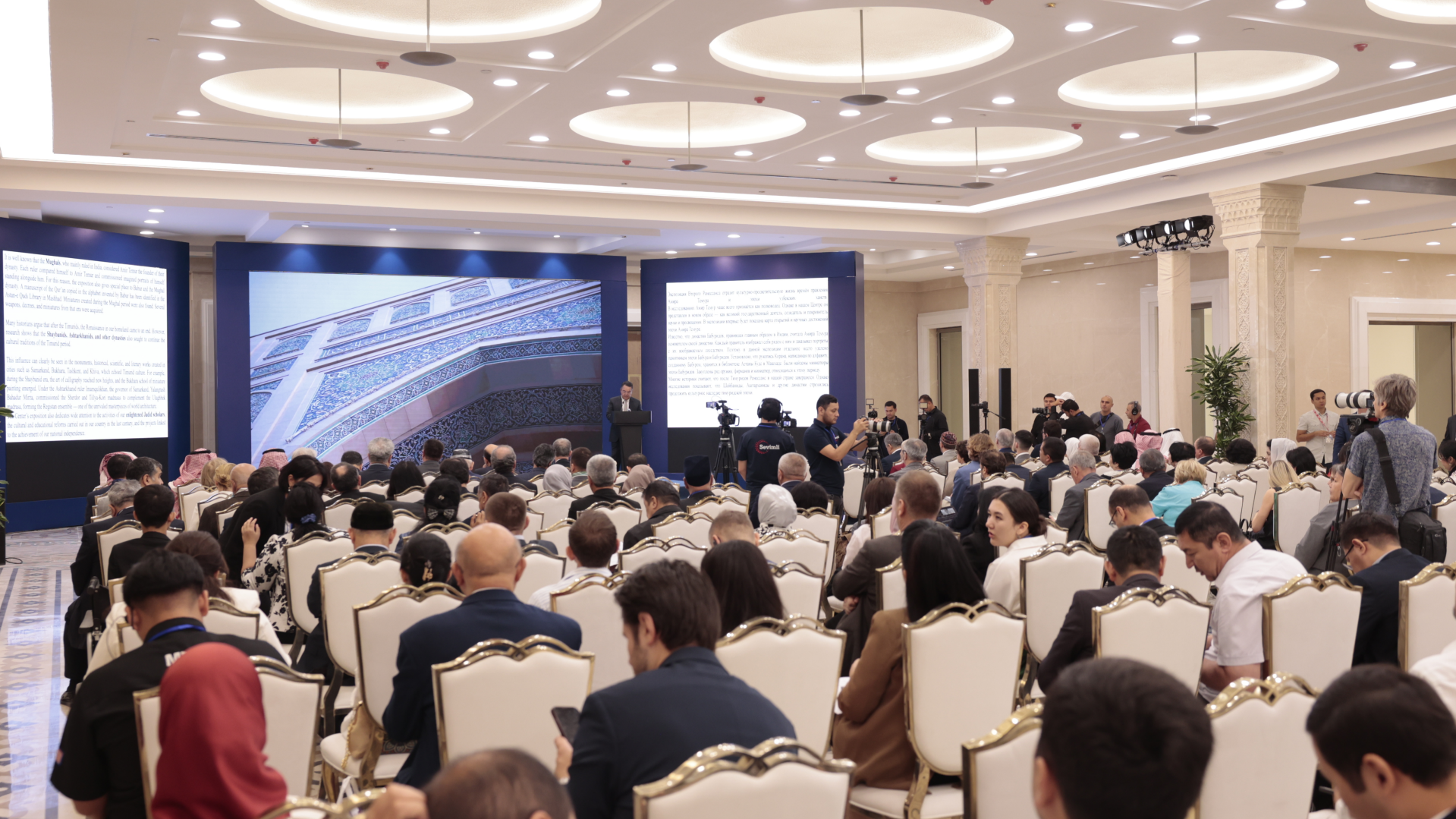
Over 100 experts from more than 20 countries of the world are in Tashkent!
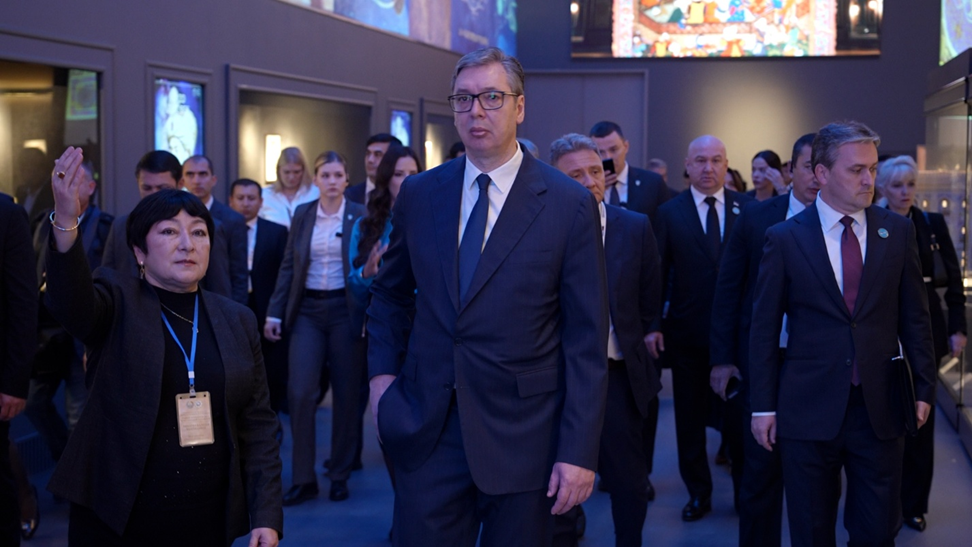
President of Serbia Aleksandar Vučić visited the Islamic Civilization Center in Uzbekistan
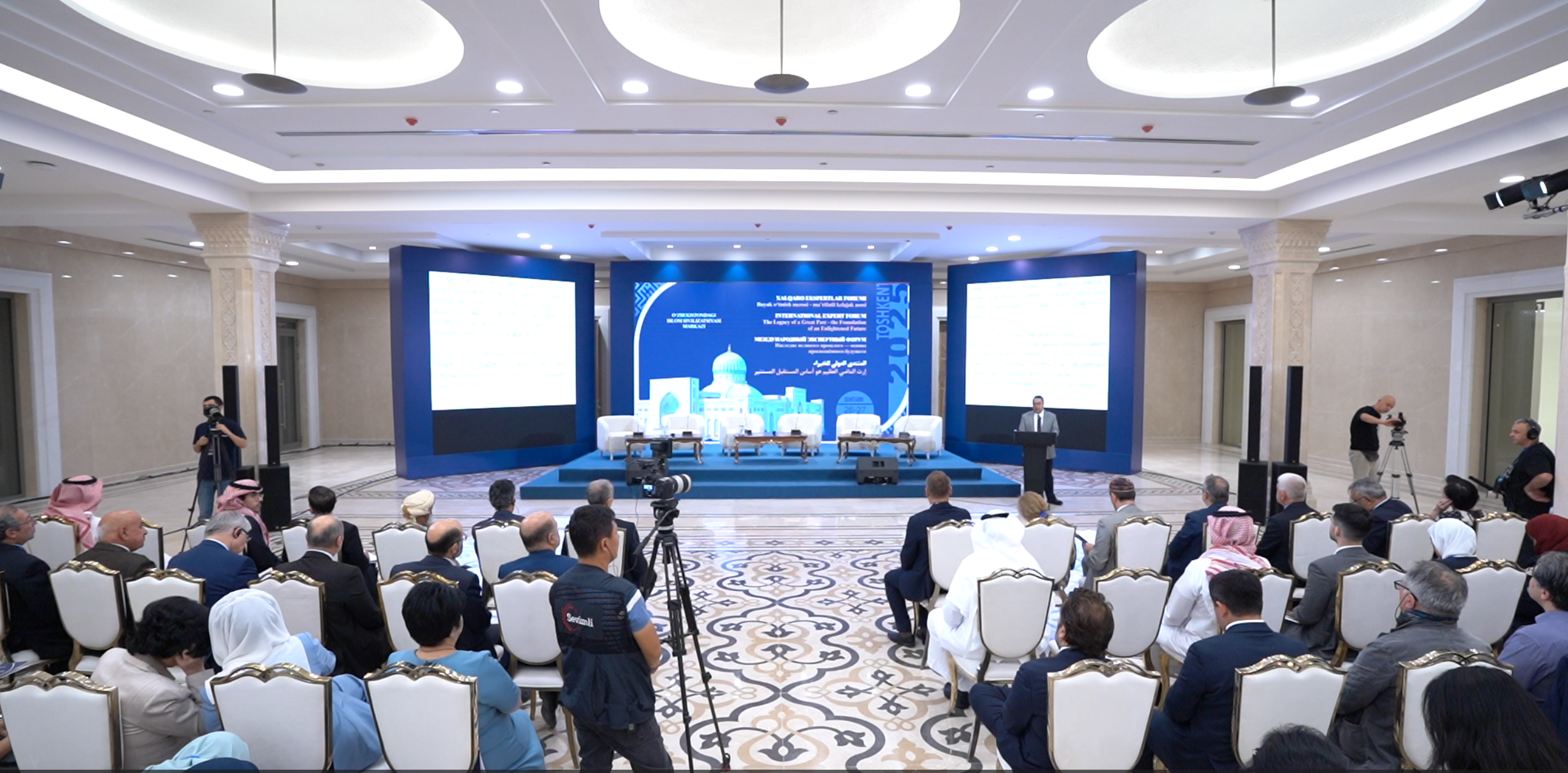
The Center for Islamic Civilization – a global platform leading towards enlightenment











